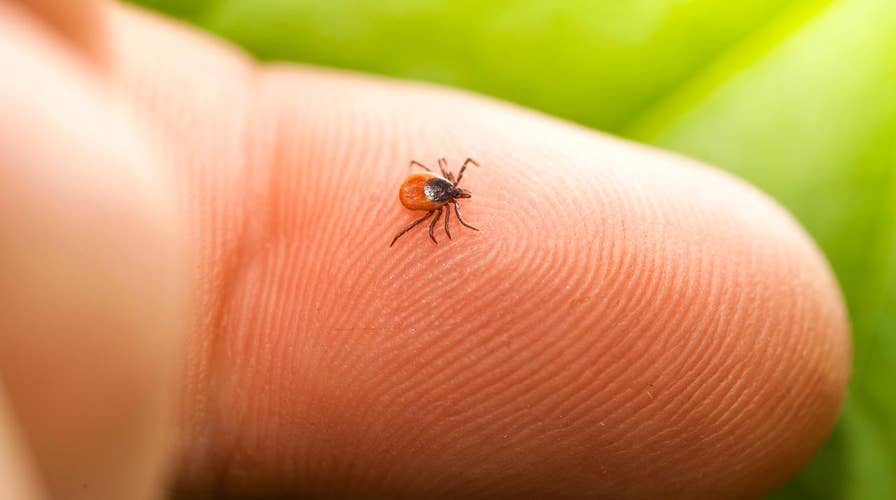What is Powassan disease?
A rare and life-threatening tick-borne virus is worrying doctors. What is Powassan disease and how can you keep yourself safe?
A Maine resident has been infected with a rare but typically severe tick-borne illness that can cause brain infections and meningitis and, in some cases, lead to death.
The Maine Center for Disease Control and Prevention (CDC) announced in a Wednesday news release that the resident, who has not been identified, showed symptoms of human Powassan encephalitis disease — more commonly referred to as Powassan virus — in late June and was hospitalized. The state CDC did not say whether or not the resident recovered.
NEW JERSEY VETERAN TESTED POSITIVE FOR RARE TICK-BORNE VIRUS BEFORE DEATH, DAUGHTER SAYS
Powassan virus — which “belongs to a group of viruses that can cause infection of the brain (encephalitis) or the membranes around the brain and spinal cord (meningitis), per the Centers for Disease Control and Prevention — is typically spread to humans after they’re bitten by an infected woodchuck or deer tick. The federal agency says those who live or work near brushy or woody areas are more likely to be exposed to potentially infected ticks.
Most cases of Powassan virus — which was first discovered in Powassan, Ontario in 1958, according to the Maine CDC — have occurred in the northeast and Great Lakes areas of the U.S.
Those infected with the virus typically experience fever, headache, vomiting, weakness, confusion, seizures and memory loss, per the Maine CDC, which also noted: “long-term neurologic problems may occur.”
“Symptoms can begin anytime from one week to one month after the tick bite. There is no specific treatment, but people with severe Powassan virus illness often need to be hospitalized,” it added.
MORE THAN 100 IN MASSACHUSETTS SICKENED BY FOODBORNE PARASITE, HEALTH OFFICIALS SAY
Patients typically need support breathing and to treat swelling around the brain, but there is no medicine to treat the virus, nor is there a vaccine to prevent it, and about 10 percent of cases result in death, according to the federal health agency.
Powassan virus is rare, with an average of seven cases reported cases each year in the U.S. In Maine, 11 cases of Powassan virus have occurred since 2000, state health officials said.
Fox News' Alexandria Hein contributed to this report.









































